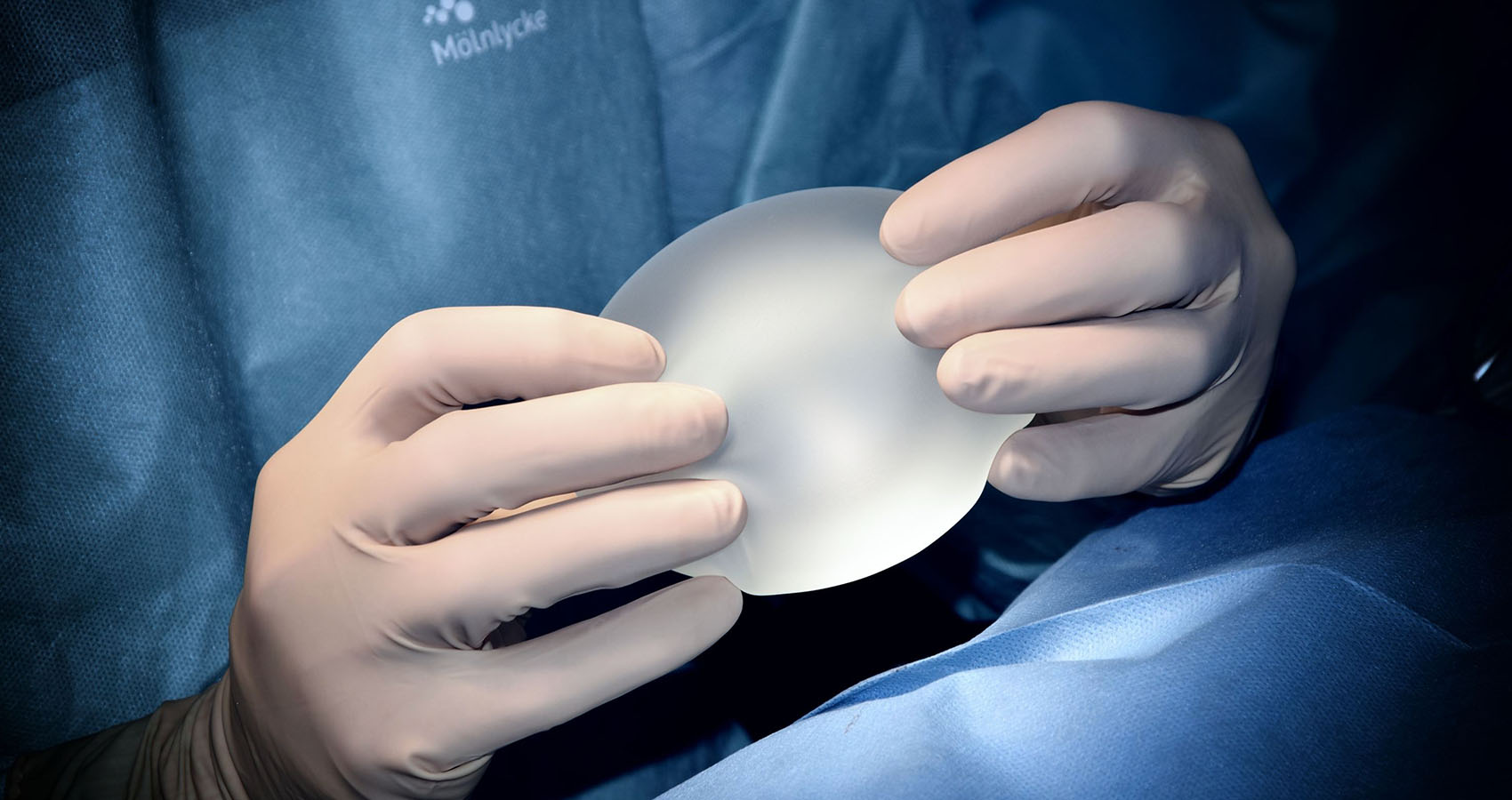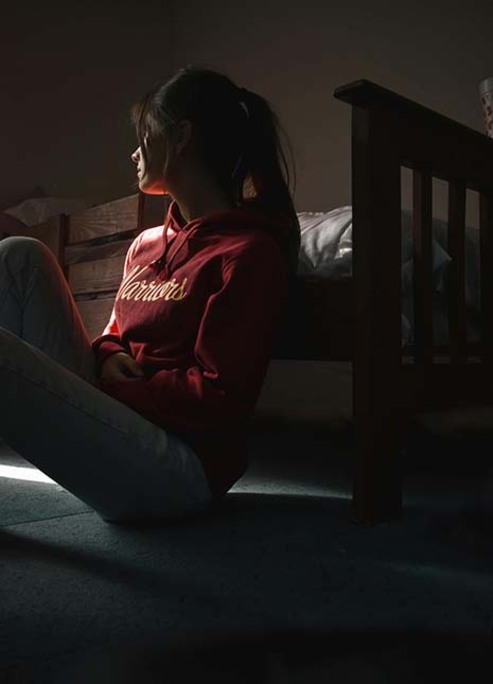
Breast Implant Illness Affects An Alarming Number Of Women
Youtubers open up the conversation: Let’s Talk About It.
Influencer Sarah Cheung was simply ecstatic about her new breasts: they filled out her bra and looked “Instagram perfect” in photos. At that point in her life, she was happy with her weight, she felt fit, and she finally had the boobs of her dreams. Until they turned into more of a nightmare, that is.
“This obviously cost me a lot, financially and physically,” said Sarah about her decision to get breast implants. The YouTuber risked a lot for what she thought was the right choice for her body and confidence at the time. Now, she second-guesses her past judgment.
“I had them done in Korea, and right after they did sit up nice,” said Sarah. “Those huge, perfect Instagram boobs. But towards the end, I started to realize they weren’t for me.”
After a while, Sarah started feeling as if her boobs limited her in many aspects of her day-to-day life, including exercise, something she used to strongly prioritize. She also began experiencing breast and back pain in ways she hadn’t been prepared for, as well as some symptoms of hypothyroidism.
That’s when she started looking up the symptoms of breast implant illness.
Breast implant illness is defined by the Breast Cancer Organization as the term (and unofficial diagnosis) women and some doctors use when referring to a range of symptoms that may develop after undergoing cosmetic breast augmentation with implants. Chronic fatigue, headaches, muscle and joint pain, respiratory difficulties, hair loss, skin rashes, poor memory, concentration issues, as well as the sudden development of depression, anxiety, and insomnia. Those are just some of the myriad symptoms women report experiencing after getting implants.
Sarah is not alone.
Vanessa started having health complications seven months after getting the surgery. She experienced breast discomfort, back and chest pain, and digestive issues. She was frequently dizzy and light-headed, and her skin often took to a sickly pallor. “All of a sudden, my face just looked like the life was sucked out of me,” said the Youtuber.
There was a period of time when Vanessa couldn’t go for walks without experiencing heavy breathing, feeling ill, and being hit by sudden bouts of confusion which sometimes led to getting lost in places she knew well.
Through tears, Vanessa warned her viewers of the dangers that come with getting implants — dangers she thinks are often swept under the rug. “Guess what, I took the chance of putting a foreign object in my body and this happens to a ton of women,” said Vanessa. “I’m gonna be that person that keeps it real with you, and if this video makes you not get a boob job, good.”
Natalie went through something similar.
“I was born with a breast deformity that made me detest my breasts,” she began, choking on her words as she detailed in a Youtube video her reasons for getting implants, and later her reasons for getting rid of them. “I grew up feeling humiliated and disgusted at what I saw in the mirror. There was no self-love there.”
Natalie got the surgery at 19, something she felt was necessary to overcome her negative self-perception. The surgery ended up causing more harm than good, and now Natalie has had to learn to love herself once more without the implants.
“I was always a healthy girl,” she said, wistfully. “Five years later I recognized what a disservice I’d done to my body.”
Natalie began to experience an autoimmune disease due to her implants. Her thyroid was “out of whack.” She also experienced the usual: hair loss, rashes, joint pain, weight gain, chest and back pain. Her face, lips, and hands were always swollen. She noted all of these symptoms and began researching and connecting to other women’s similar experiences. “I saw myself in them,” said Natalie.
Natalie also experienced brain fog, which caused her to forget things mid-conversation. It caused her to experience her first of many panic attacks. “I remember not understanding what was happening to my body and rushing to my room because my first reaction was to take off all my clothes in public.” It was a low point for her, and it made her have to reconsider a decision she made before she entered her twenties.
“I was lost. I was not the happy girl I once was,” said Natalie. “I started contemplating death. I felt like my life had been taken from me.”
As soon as Natalie was out of surgery for explantation (the removal of implants), she felt “renewed.” She felt like herself. Natalie knows it will take time to heal all that was compromised by the foreign objects that were in her body for five years, but she’s relieved that most of her symptoms improved so quickly. “I got my life back,” she said.
One month after Natalie’s surgery, Canada and France decided to ban textured breast implants — the same implants she had gotten — after a number of women’s cases were heard. There are social media forums full of women who report having symptoms of the illness, and others who report their improvement after explantation. Breast implant illness is still not recognized as an official medical diagnosis.
Watch these three women’s videos below:
Up Next, Nourishing Mental Health: Self-Care Tips Everyone Can Use











